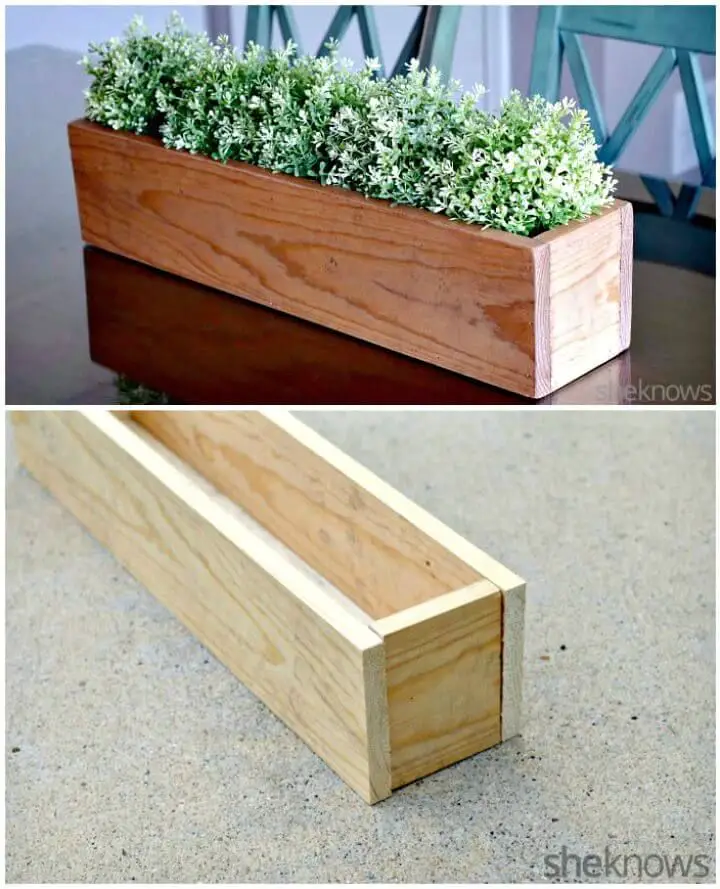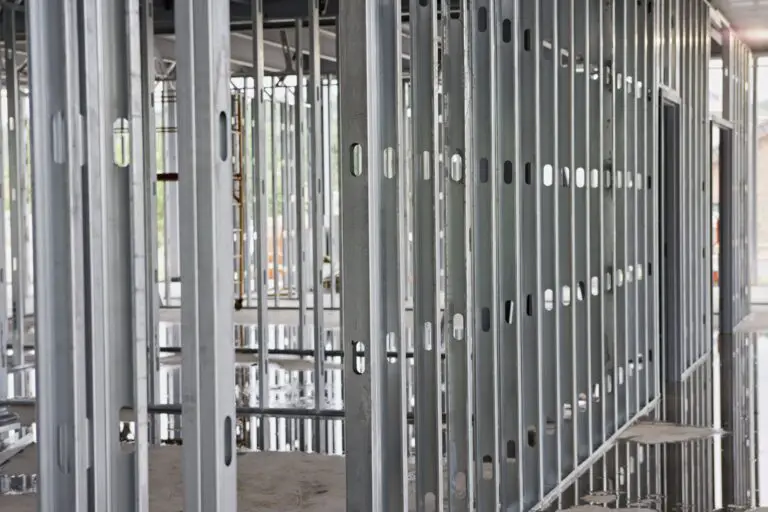What is Cypress Wood: The Ultimate Guide to Quality and Durability
When it comes to choosing the right type of wood for your construction or woodworking projects, cypress wood is a standout option that offers both beauty and durability. This versatile wood has been used for centuries and continues to be a popular choice for a wide range of applications, from outdoor furniture and decking to interior paneling and cabinetry. In this article, we’ll explore the unique characteristics, benefits, and uses of cypress wood.
Understanding Cypress Wood
Cypress wood is derived from several species of coniferous trees belonging to the Cupressaceae family. While cypress trees can be found in various parts of the world, including North America, Australia, and Asia, the most commonly used species for woodworking are the bald cypress (Taxodium distichum) and the Leyland cypress (Cupressus × leylandii).
Characteristics Of Cypress Wood
One of the most notable characteristics of cypress wood is its natural durability. Thanks to its high resistance to decay and insect infestation, cypress is often chosen for outdoor construction projects, such as decks, fences, and siding. The wood features a straight grain and a fine texture, which makes it not only visually appealing but also easy to work with using both hand and machine tools.
From a color perspective, cypress wood varies from a light straw hue to a warm, honey-like tone. Over time, it develops an attractive silver-gray patina when exposed to the elements, adding to its visual appeal and character.
The Benefits of Cypress Wood
Choosing cypress wood for your next project offers numerous benefits, including:
- Natural Decay Resistance: Cypress wood contains natural preservatives that make it highly resistant to decay, ensuring longevity and minimizing the need for chemical treatments.
- Insect Repellent Properties: The natural oils present in cypress wood act as a deterrent to insects, making it an ideal choice for outdoor applications where pest resistance is essential.
- Dimensional Stability: Cypress wood exhibits minimal shrinkage and swelling, making it well-suited for applications where changes in moisture content are common.
- Workability: Whether it’s planing, sanding, or routing, cypress wood is easy to machine and work with, allowing for precise craftsmanship and smooth finishing.
Uses of Cypress Wood
Thanks to its durability and versatility, cypress wood finds a wide range of uses in both indoor and outdoor settings.
Outdoor Applications
For outdoor projects, cypress wood shines in applications such as:
| Application | Benefits |
|---|---|
| Decking | Resistant to decay and insect damage, minimal maintenance required |
| Fencing | Naturally repellent to pests, long lifespan |
| Siding | Weather-resistant, beautiful aesthetics |
Indoor Applications
Indoors, cypress wood is valued for its beauty and strength, making it a preferred choice for:
- Cabinetry
- Paneling
- Moldings
- Furniture

Credit: www.thewcsupply.com
Environmental Considerations
One of the key advantages of using cypress wood is its sustainability. Cypress trees are known for their rapid growth and natural regeneration, making them an eco-friendly choice for conscientious builders and woodworkers. Additionally, due to its exceptional durability, cypress wood requires minimal maintenance and replacement, further reducing its environmental impact over time.
Frequently Asked Questions On What Is Cypress Wood: The Ultimate Guide To Quality And Durability
What Are The Characteristics Of Cypress Wood?
Cypress wood is known for its durability, resistance to rot, and natural insect-repelling properties.
How Is Cypress Wood Different From Other Types Of Wood?
Cypress wood stands out for its beautiful grain, high rot resistance, and distinctive aroma when cut.
What Are The Common Uses Of Cypress Wood?
Cypress wood is often used for outdoor furniture, siding, decking, and boat construction due to its durability.
Is Cypress Wood Sustainable And Environmentally Friendly?
Yes, Cypress wood is sustainable and eco-friendly because it can be harvested without harming the overall population of the tree species.
Conclusion
In conclusion, cypress wood stands out as a remarkable choice for a wide range of construction and woodworking projects, offering natural beauty, durability, and environmental sustainability. Whether you’re looking to build a timeless deck or craft a stunning piece of furniture, cypress wood is a reliable and versatile option that delivers exceptional results.
Next time you embark on a woodworking endeavor, consider harnessing the strength and splendor of cypress wood to bring your vision to life.






